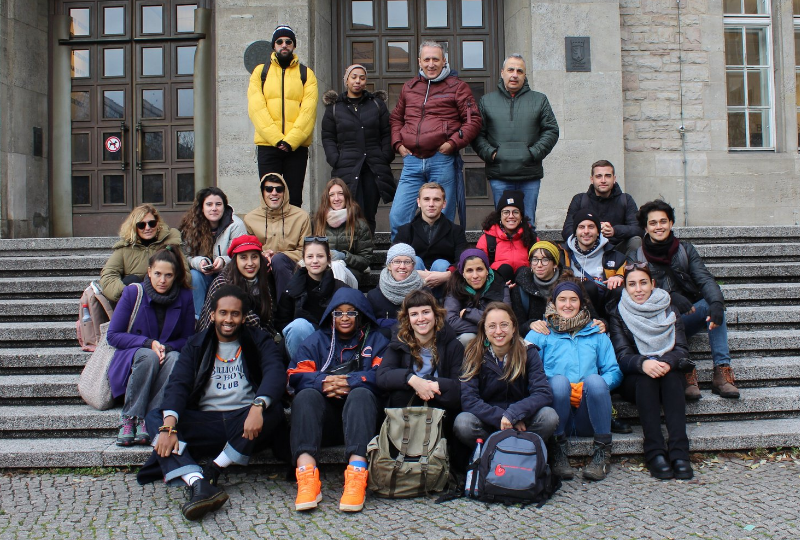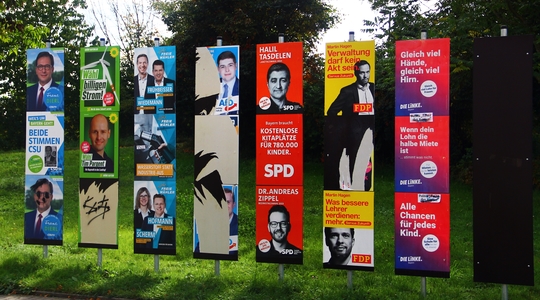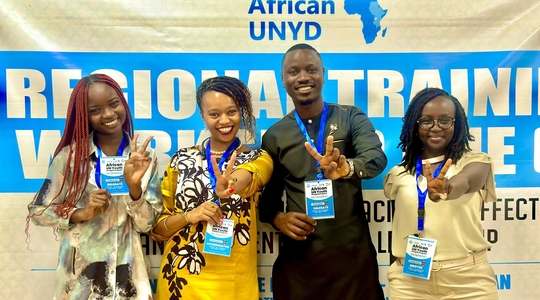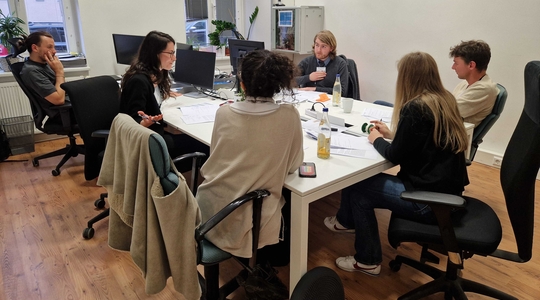For our team it is a central objective to promote social justice and equality in different fields of social life. The second training of the TAYA project was designed specially to raise awareness of diverse and complex social issues concerning intersections of class, gender, race and other so-called diversity categories. Participants also learnt about non-formal education methodologies of anti-bias and anti-discrimination education and exchanged a lot about personal experiences with discrimination and possible ways to counteract social power imbalances.
The training included an excursion to the district Neukölln in Berlin. Experts from different fields presented the German capital with a focus on challenges that migrants face concerning right wing extremism, institutional racism, gentrification and police violence. Therefore we had a close look at the history of migration in Berlin, responses of the civil society and local governments as well as migrant’s activists struggle for civil rights etc.
The day after Allan Sserwanga, a renowned lawyer, lecturer and activist for queer refugees’ rights conducted a very interesting lecture on the intersections of migration, racism and sexism in which he not only told about theoretical issues, but also shared his practical knowledge and experience.
During the training participants could experience negotiations on refugee rights during the simulation game “SIMigration”. Here they took over roles of high ranking politicians and civil society activists in order to develop a common European policy on migration that takes into account current conventions and human rights.
We cannot imagine this project without our active participants who showed their passion to struggle for justice, equality and tolerance in their home communities and our partner organizations from 9 countries, who contributed their efforts to realise this initiative. Thank you all for your engagement and your contribution to the project!



